One of the things that almost all of our clients agree on is the fact that the world is changing. They also agree that this change cannot be avoided, it needs to be engaged and embraced. They don’t, however, always have a clear view as to what these changes may be. When we look to Silicon Valley, arguably the vanguard of global innovation, we see some hints as to what these changes may be.
Holacratic organizations
Holacracy, a radical “self-governing” operating system where there are no job titles and no managers. The term Holacracy is derived from the Greek word holon, which means a whole that’s part of a greater whole. Instead of a top-down hierarchy, there’s a flatter “holarchy”, and employees can have any number of roles within it. This way, there’s no hiding under titles; radical transparency is the goal.
Behind holacracy is the idea that work should be organised around tasks, rather than around the functions within a company. Tasks are delegated to “circles” of people, which are free to self-govern.
John Bunch, who, along with Alexis Gonzales-Black, is leading the transition to Holacracy at Zappos, says: “One of the core principles is people taking personal accountability for their work. It’s not leaderless. What it does do is distribute leadership into each role. Everybody is expected to lead and be an entrepreneur in their own roles, and Holacracy empowers them to do so.”
Baby Boomer organizational culture was very meeting orientated, Generation X organizational culture was around maximizing the performance of the individual. Organizational culture that suits the worldview and values of the Digital Natives is Holacratic in nature. As we look forward, one of the trends that would increasingly influence the future world of work is this philosophy of radical self-government, no hierarchy, and a task-orientated execution of organizational strategy.
Crowd funding
Crowdfunding is the practice of funding a project or venture by raising monetary contributions from a large number of people, typically via the internet. Crowdfunding as a concept pre-dates the internet when projects like the Statue of Liberty raised funds from a large number of donors.
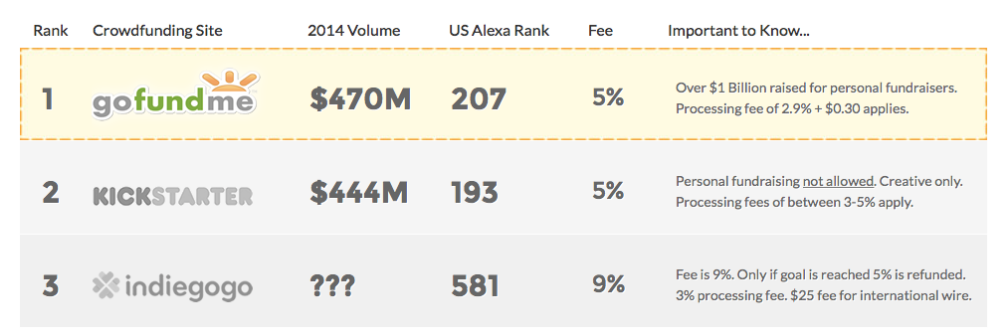
Global crowdfunding experienced accelerated growth in 2014, expanding by 167 percent to reach $16.2 billion raised, up from $6.1 billion in 2013. In 2015, the industry is set to more than double once again, on its way to raising $34.4 billion.
The top five projects crowdfunding investments, to date, generated in access of $145,000,000. But, more amazing is that their collective targets were only $33 million.
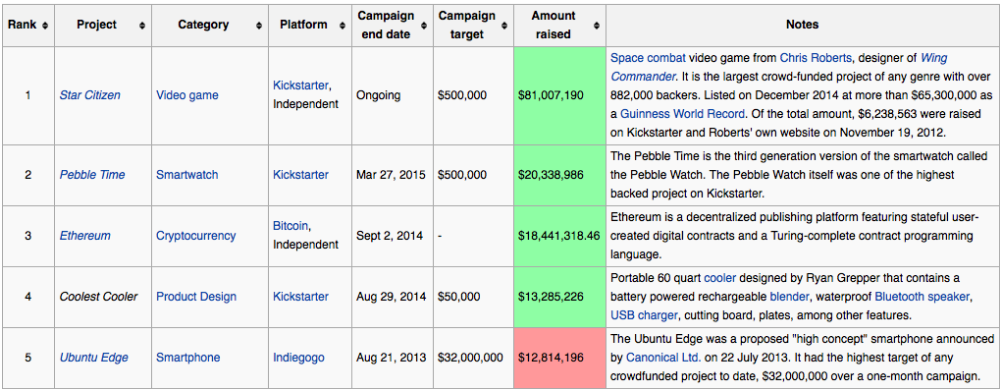
What makes crowdfunding work is that the funders, for a nominal amount get to own a part of the company before it goes public or gets acquired by a larger company. Alternatively, they have first mover advantage by having the first non-prototypes delivered to them in return for their investment.
Oculus Rift the virtual reality manufacturer supplied their VR headsets to crowdfunding suppliers before being acquired by Facebook in 2014. They have still not launched their product and it is still not possible to buy an Oculus Rift headset on the market, only their crowdfunders are in possession of early versions.
The crowd funding market is expanding beyond purely products and investments orientated processes to funding arts projects like movies, books, and music. We are also seeing the rise of financial services companies that use crowdfunded capital to provide loans on the market to those who would not get it from normal financial institutions, or who choose to manage finances differently.
What crowdfunding indicates about the future world of work is that the wisdom of crowds as identified by James Suroweicki, which informs the development of social networking and other niche areas created by the tech revolution, is branching out into new traditional business areas.
Marry crowdfunding with holacracy and we start to see organizational culture increasingly decentralized, just-in-time orientated, and funded by the target market who will purchase the final product. Traditional perspectives on what makes an organization function effectively are being turned on their heads and will continue to be challenged, rewritten, and superseded.
The rise of the unicorns
Cowboy Ventures founder Aileen Lee coined the term “unicorn” as a label in a November 2013 TechCrunch blog post. A “Unicorn” is a company that is privately held or funded and has a valuation in excess of $1 billion.
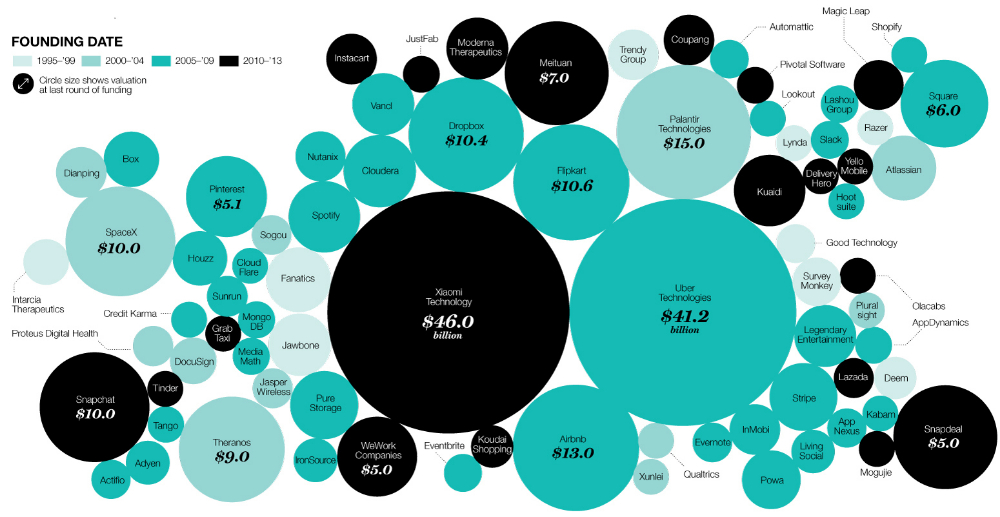
Google was never worth $1 billion as a private company, neither was Amazon nor any other alumnus of the original dotcom class (this includes Microsoft and Apple).
All of the unicorns are tech companies that have arisen since the dotcom bubble burst. They are not traditional organizations and they don’t not play in traditional areas. Most of them have created their own markets. The few who operate in traditional areas, like Uber, have up-ended the way that market is viewed, or service delivered.Technology is driving the boom. Smartphones, cheap sensors, and cloud computing have enabled a raft of new Internet-connected services that are infiltrating the most tech-averse industries.
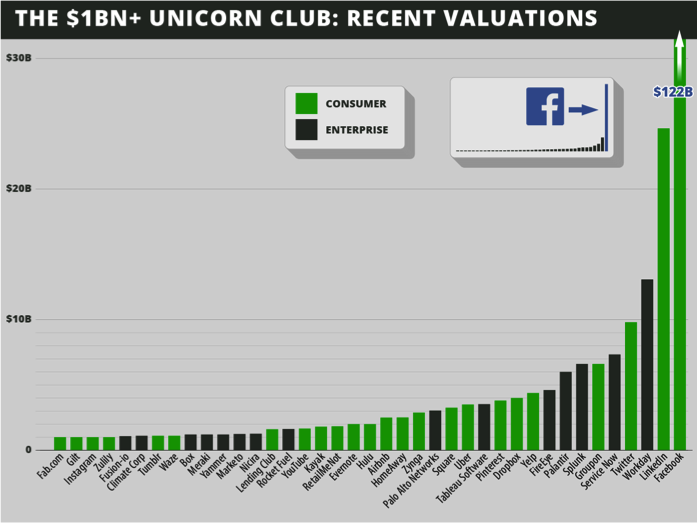
From an investment perspective the unicorns are noticeable for the high ratios between the labels of invested capital used to get the company to where it is and the valuation in excess of $1 billion.
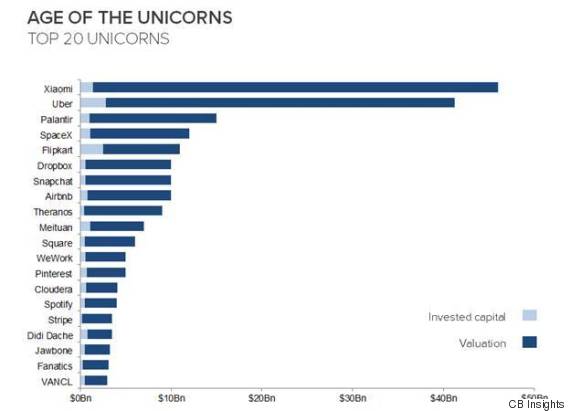
The new world of work is dominated by these unicorns. These companies and the way that they choose to organize themselves, raise money, develop products, and approach their markets are the vanguard of the new world of work.
Some questions to ask yourself, and your organization.
- Do we trust our people enough to move toward self-organizing structures?
- Is our field of vision broad enough to see the opportunities inherent in these new ways of working?
- Do we have unicorns developing in our industry? If so, what does that mean for our current strategy and organizational design?
- When is the sell by date for our way of doing things coming, and when do we need to move to be positioned for the changing dynamics in this new world of work?
References
http://qz.com/161210/zappos-is-going-holacratic-no-job-titles-no-managers-no-hierarchy/
http://www.zappos.com
http://www.ethicalcorp.com/business-strategy/analysis-management-structures-–-future-holacratic
http://fortune.com/2015/01/22/the-age-of-unicorns/
http://www.huffingtonpost.com/2015/04/24/everybody-chill-about-the-tech_n_7137438.html
http://techcrunch.com/2013/11/02/welcome-to-the-unicorn-club/
http://en.wikipedia.org/wiki/Crowdfunding
http://www.crowdsourcing.org/editorial/global-crowdfunding-market-to-reach-344b-in-2015-predicts-massolutions-2015cf-industry-report/45376
http://en.wikipedia.org/wiki/List_of_highest_funded_crowdfunding_projects
http://www.crowdfunding.com


